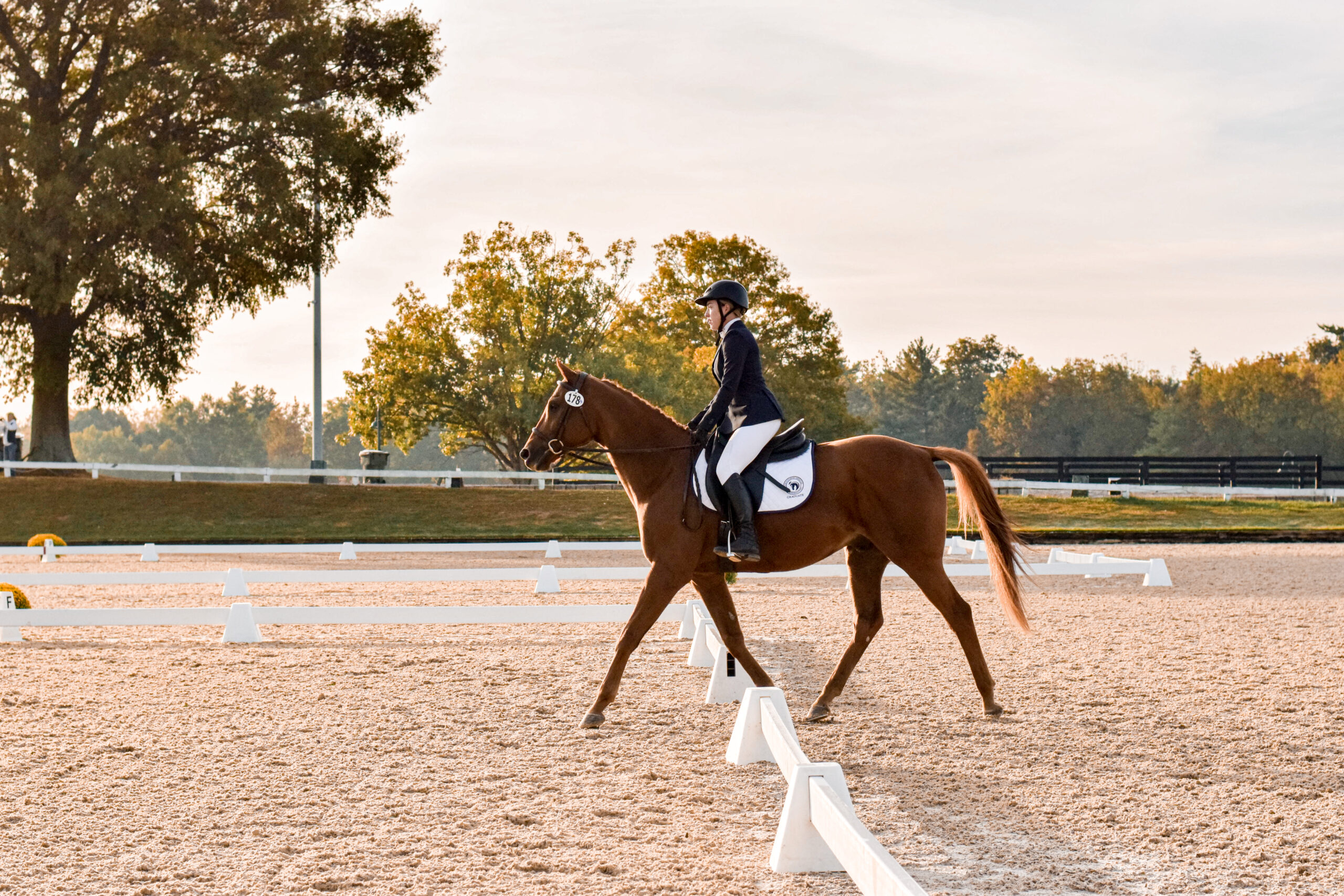The state of Kentucky is known for a few unique features: its rolling hills, basketball, bourbon distilleries, and, of course, horses. For those who live here, the horse industry is intertwined with our everyday lives, whether we realize it or not.
We see horses everywhere as we travel in and around the city of Lexington. Whether seen in murals and paintings, in stock-still statues, or running in the expansive pastures, we are surrounded by horses.
While it’s good to admire and appreciate the beauty of the rolling hills and full paddocks, we ought to recognize that the impact of the equine industry goes deeper than simply providing beautiful scenery.
Horse racing is a long-standing tradition that even precedes Kentucky’s statehood and has helped to make Kentucky into the place we see today. Not only does horse racing have great historical significance, but it also has enormous effects on the state’s economy today.
Driving by the horse farms, you may not see the amount of work that goes into keeping the horses and their environments in absolutely pristine condition.
As someone who worked in the Broodmare Division of Winstar Farms LLC, one of Kentucky’s most prestigious Thoroughbred operations, I can attest to the absolutely enormous amount of daily work and blood, sweat, and tears required to successfully breed, raise, train, and maintain these animals. Not only did working within the equine industry provide me with valuable hands-on experience, but it also paid my bills.
The racing industry alone employs upwards of 24,402 people in Kentucky who work directly with the horses and an additional 9,433 people who work jobs providing horse feed, housing, equipment, tack, and medical care for the farms and their residents.
The racing operations sector of Kentucky’s horse industry has a “$517 million direct impact on Kentucky’s economy,” according to the Kentucky Thoroughbred Association (KTA). Numbers like that make it clear that Kentucky relies heavily on the horse industry not only as a leisurely pastime for the rich but also as a way to survive economically and keep growing.
Its not just the racing industry helping to hold up Kentucky’s economy. Millions of dollars are brought in through other sectors of the horse industry, such as competitions like the Land Rover Three-Day Event, recreational activities like trail riding, and the 77 horse-related attractions such as the Kentucky Horse Park.
Upwards of 10,735 people are employed in the competition sector and it brings 310 million dollars in direct state value and “drive $198 million in added value to the economy,” according to the KTA.
Another 20,428 people are employed through “tourism-related jobs attributed to the equine industry,” said the KTA. Equine-related tourism brings in around 209 million dollars in direct state value.
More than 52,229 people are employed either directly or indirectly by the horse industry in Kentucky. Without its horses and the people who work so hard to keep all the operations running, Kentucky would not be what it is today.
Featured image by Rebecca Hedman.


